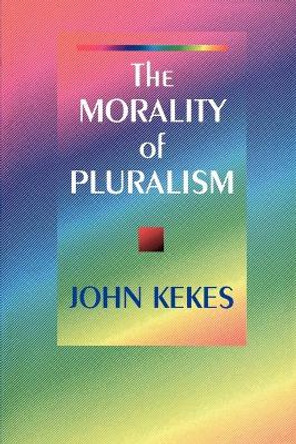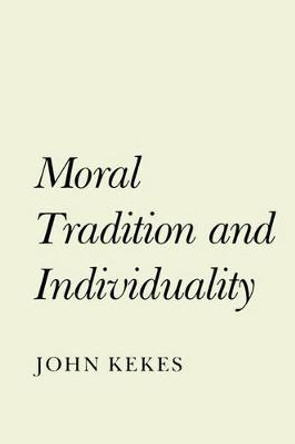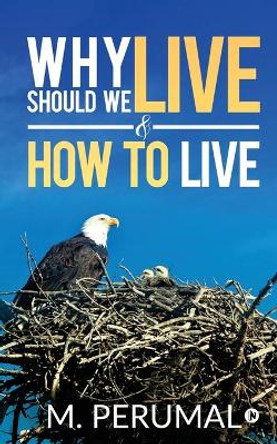What is your highest ideal? What code do you live by? We all know that these differ from person to person. Artists, scientists, social activists, farmers, executives, and athletes are guided by very different ideals. Nonetheless for hundreds of years philosophers have sought a single, overriding ideal that should guide everyone, always, everywhere, and after centuries of debate we're no closer to an answer. In How Should We Live?, John Kekes offers a refreshing alternative, one in which we eschew absolute ideals and instead consider our lives as they really are, day by day, subject to countless vicissitudes and unforeseen obstacles. Kekes argues that ideal theories are abstractions from the realities of everyday life and its problems. The well-known arenas where absolute ideals conflict--dramatic moral controversies about complex problems involved in abortion, euthanasia, plea bargaining, privacy, and other hotly debated topics--should not be the primary concerns of moral thinking. Instead, he focuses on the simpler problems of ordinary lives in ordinary circumstances. In each chapter he presents the conflicts that a real person--a schoolteacher, lawyer, father, or nurse, for example--is likely to face. He then uses their situations to shed light on the mundane issues we all must deal with in everyday life, such as how we use our limited time, energy, or money; how we balance short- and long-term satisfactions; how we deal with conflicting loyalties; how we control our emotions; how we deal with people we dislike; and so on. Along the way he engages some of our most important theorists, including Donald Davidson, Thomas Nagel, Christine Korsgaard, Harry Frankfurt, Charles Taylor, Alasdair MacIntyre, and Bernard Williams, ultimately showing that no ideal--whether autonomy, love, duty, happiness, or truthfulness--trumps any other. No single ideal can always guide how we overcome the many different problems that stand in the way of living as we should. Rather than rejecting such ideals, How Should We Live? offers a way of balancing them by a practical and pluralistic approach--rather than a theory--that helps us cope with our problems and come closer to what our lives should be.
About the AuthorJohn Kekes is professor emeritus of philosophy at the University at Albany, State University of New York and research professor at Union College. He is the author of many books, most recently The Human Condition, Enjoyment: The Moral Significance of Styles of Life, and The Enlargement of Life: Moral Imagination at Work.
Reviews"Readers of Kekes's impressive and prolific philosophical output of recent years will find many of his familiar virtues manifest in this latest offering. The writing is lucid, careful, tenacious, and always accessible, and if there is a certain dryness of tone, the author endeavors to temper this by providing schematic 'real life' examples (the School Teacher, the Father, the Nurse, the Civil Servant, the Betrayed Woman) in an attempt to make his arguments more vivid. The book's overall message is a kind of hymn to ground floor, practical reason, which allows us to 'live reasonably in the context of civilized societies in a plurality of ways.'" --Notre Dame Philosophical Reviews
Book InformationISBN 9780226639079
Author John KekesFormat Paperback
Page Count 264
Imprint University of Chicago PressPublisher The University of Chicago Press
Dimensions(mm) 229mm * 152mm * 28mm







